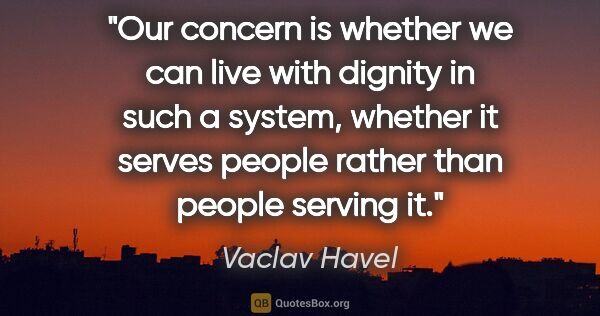People Quotes (page 286)

How many people ruin themselves by laying out money on trinkets of frivolous utility? What pleases these lovers of toys is not so much the utility, as the aptness of the machines which are fitted to promote it. All their pockets are stuffed with little conveniences. They contrive new pockets, unknown in the clothes of other people, in order to carry a greater number. They walk about loaded with a multitude of baubles, in weight and sometimes in value not inferior to an ordinary Jew's-box,...
Adam Smith
I am remarkably likeable. Few people have ever been as likeable as I am. There is, frankly, no end to my likeability. People gather together in public assemblies to discuss how much they like me. I have several awards, and a small medal from a small country in South America which pays tribute both to how much I am liked and my general all around wonderfulness. I don't have it on me, of course. I keep my medals in my sock drawer.
Neil Gaiman

Economics is really about two stories. One is the story of the old economist and younger economist walking down the street, and the younger economist says, ‘Look, there’s a hundred-dollar bill,’ and the older one says, ‘Nonsense, if it was there somebody would have picked it up already.’ So sometimes you do find hundred-dollar bills lying on the street, but not often—generally people respond to opportunities. The other is the Yogi Berra line ‘Nobody goes to Coney Island anymore; it’s too...
Paul Krugman
Soft and small voice communications with our associates make priceless friendships possible. I am appreciative of people who find no need to raise their voices as they try to impress or convince. It seems most people who argue and shout have ceased listening to what the small voice could powerfully contribute.
Marvin J. Ashton
Not only is religion thriving, but it is thriving because it helps people to adapt and survive in the world. In his book Darwin's Cathedral, evolutionary biologist David Sloan Wilson argues that religion provides something that secular society doesn't: a vision of transcendent purpose. Consequently, religious people have a zest for life that is, in a sense, unnatural. They exhibit a hopefulness about the future that may exceed what is warranted by how the world is going. And they forge...
Dinesh D'Souza
But Carroll's were more convoluted, and they struck me as funny in a new way:1) Babies are illogical.2) Nobody is despised who can manage a crocodile.3) Illogical persons are despised. Therefore, babies cannot manage crocodiles. And:1) No interesting poems are unpopular among people of real taste.2) No modern poetry is free from affectation.3) All of your poems are on the subject of soap bubbles.4) No affected poetry is popular among people of taste.5) Only a modern poem would be on the...
Steve Martin
I first became fascinated with the Sears catalogue because all the people in its pages were perfect. Nearly everybody I knew had something missing, a finger cut off, a toe split, an ear half-chewed away, an eye clouded with blindness from a glancing fence staple. And if they didn't have something missing, they were carrying scars from barbed wire, or knives, or fishhooks. But the people in the catalogue had no such hurts. They were not only whole, had all their arms and legs and eyes on their...
Harry Crews
She had recently come to think that in such unhappy times-when the odds were so high against personal happiness-to find love was miraculous, and to fulfill it as best as two people could was what really mattered. Was it more important to insist a man's religious beliefs be exactly hers, or that the two of them have in common ideals, a desire to keep love in their lives, and to preserve in every possible way what was best in themselves? The less difference among people, the better; thus she...
Bernard Malamud
ordinary people, simply doing their jobs, and without any particular hostility on their part, can become agents in a terrible destructive process. Moreover, even when the destructive effects of their work become patently clear, and they are asked to carry out actions incompatible with fundamental standards of morality, relatively few people have the resources needed to resist authority.
Stanley Milgram